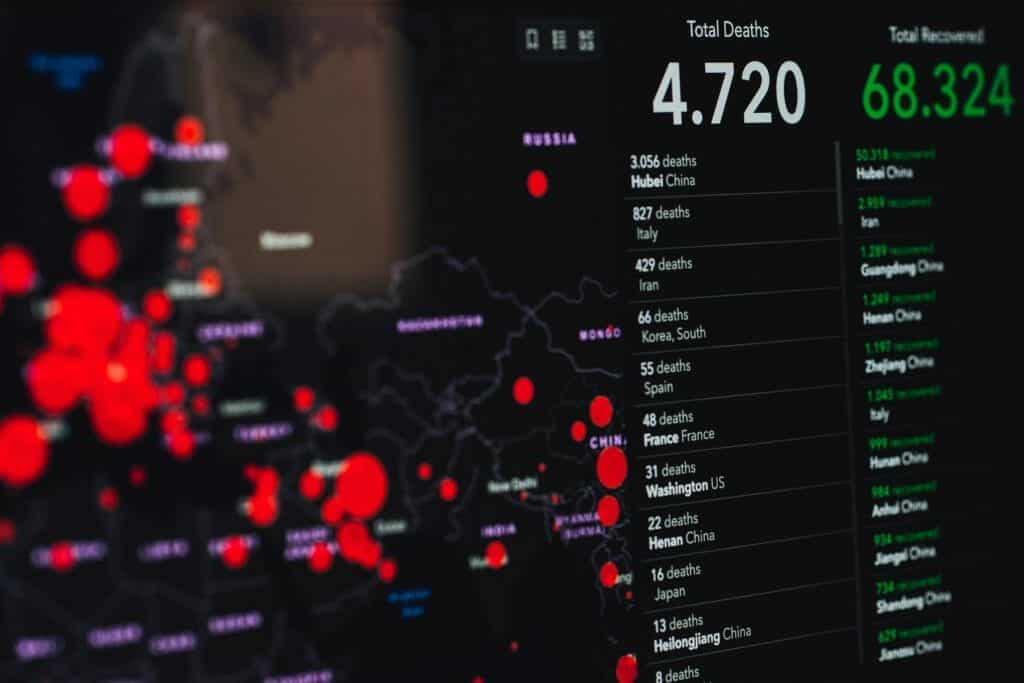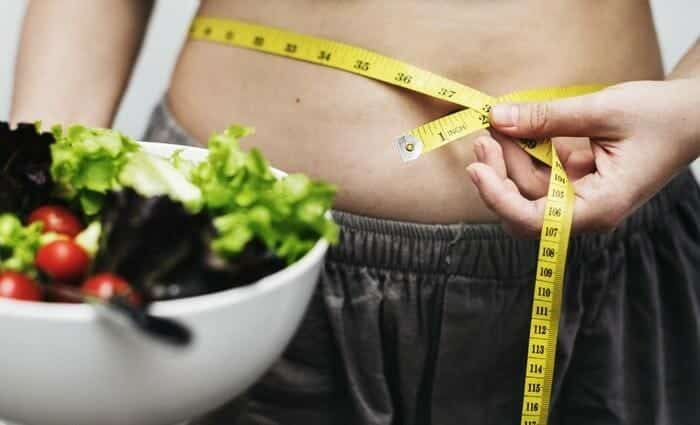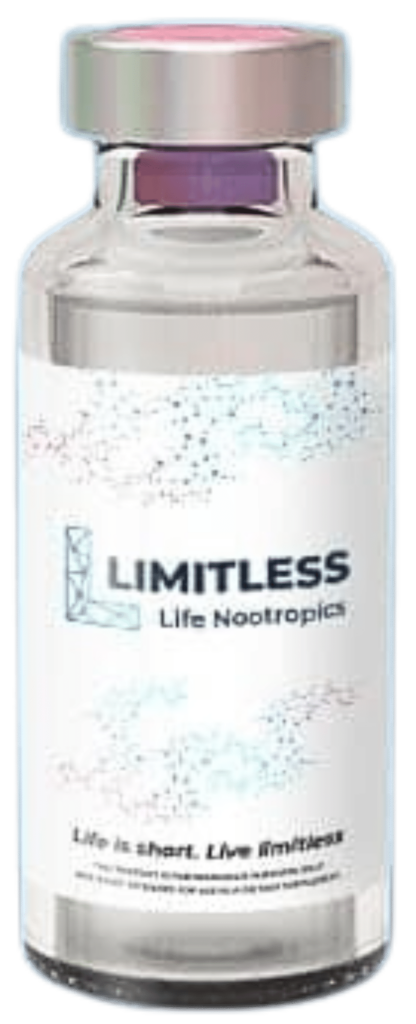This article isn’t going to help prevent or treat COVID-19.
Jay has already provided that with this article on the misconceptions of mask use and this one outlining how to treat the symptoms with an over-the-counter remedy.
Those are must reads, no question.
But COVID-19 has brought to light something else entirely.
And that’s the “other” pandemic we need to start proactively fighting.
This pandemic has been plaguing our society for a lot longer than COVID-19 and the curve isn’t flattening any time soon.
No, there’s no vaccine or immediate fix in the works.
The pandemic I’m referring to is the state of our health.
Now, don’t get me wrong, our obsession with weight loss isn’t healthy for anyone.
No one’s worth should be defined by their weight.
I can get behind and fully support all of that.
Having been both “fat” and “fit,” I know how unfairly one can be judged based on exterior appearance.
Fairly or not, studies suggest we view good-looking people as more intelligent (even if they aren’t), pay them more, and blindly trust celebrities and public figures (even if it’s totally woo-woo like whatever Gwyneth Paltrow is on about this week.)
But, flawed human logic aside, the big white elephant is it’s near impossible to be healthy at any size.

The Grim Statistics of Obesity
According to the World Health Organization, worldwide obesity has nearly tripled since 1975.
In 2016, more than 1.9 billion adults, 18 years and older, were overweight.
Of these 1.9 billion people, more than 650 million were obese.
Breaking it down percentage-wise, 39 per cent of adults were overweight in 2016, and 13 per cent were obese.
The laundry list of risk factors linked to obesity reads like a disclaimer for medication — hypertension, insulin resistance and diabetes, cardiovascular disease, hypertriglyceridemia, low high-density-lipoprotein cholesterol, and, in some studies, high total and low-density-lipoprotein cholesterol.
Chronic hypoxia and hypercapnia, sleep apnea, gout, and degenerative joint disease can occur with more severe obesity.
Plus, there’s emerging evidence linking obesity as a risk factor for death following COVID-19 infection.
In a 428,225-patient study by UK Biobank, of those requiring hospitalization, 44 per cent were overweight and 34 per cent were obese.
There’s also a study from OpenSAFELY, which looked at more than 12 million electronic records: among the 5,683 patients who died, 29 per cent were overweight and 33 per cent were obese.
The risk of dying from COVID-19 increased by 27 per cent among obese individuals and was doubled in patients with a body mass index greater than 40.
A study by NYU scientists found the vast majority of patients who required a ventilator were obese.
What the pandemic has made clear, is the weight of our society has consequences.
It leads to increased sick days, medical costs, insurance costs, and a greater strain on the system.
But there’s no simple fix, either.
So let’s start where I think we can help drive change.
Does The Food Industry Need To Share In The Blame?
An editorial published in the British Medical Journal suggests government should take a greater role in reducing obesity.
“It’s like tobacco,” said Graham MacGregor, a professor of cardiovascular medicine, who co-authored the editorial with Queen Mary University of London colleagues Monique Tan and Feng He. “Why should the food industry be able to advertise things that are going to kill you?”
There are really smart people working in the food industry, finding new ways to package and present food that satisfies all our sensory desires.
TV commercials and grocery store aisles are a gold mine of extremely tasty, calorie-packed foods designed to be eaten to excess.
Ultimately, there should be a societal commitment to support healthy eating and make healthier foods more available, accessible, and affordable.
That must start with the food industry and the governments who regulate them.
It can’t be completely left up to individuals to make informed choices.
England has since launched a raft of measures in its new “Better Health” campaign to get the nation fit and healthy, protect themselves against COVID-19 and protect the NHS by reducing obesity nationwide.
They’re going so far as to ban unhealthy food advertisements before 9 p.m. and restricting offers that encourage over-consumption such as buy one, get one deals.
Hopefully the U.S. and Canada will put our food industry to task to make similar changes.

Commit To Healthy Habits
This is a complex issue with a lot of layers. It is not as simple as telling someone to eat less.
There are psychological factors at work for many.
For example, being subjected to abuse during childhood increases the odds of adult obesity by 31 per cent or more.
This is the conclusion of a meta-analysis carried out on previous studies, which included a total of 112,000 participants, published in Obesity Reviews.
But there is a fine line to walk here.
The sooner you point some of that blame at yourself, the sooner you start making changes.
You may not be fully in control of the genetic hand you’ve been dealt or the food advertisements you are subjected to, but you can control a lot of things.
Forming healthy habits is difficult. Meal prepping and packing a lunch is difficult.
Getting in a workout three times a week is difficult.
But being unable to walk up a flight of stairs is more difficult. Being bedridden with illness is more difficult.
Being embarrassed to bare any skin at that party is more difficult.
Consider a goal to lose 30 pounds.
You shouldn’t stock your pantry with cookies.
You shouldn’t order pizza apart from special occasions.
You shouldn’t take the escalator when the stairs to the second floor are right there for the taking.
The quicker you adopt healthy behaviours, the quicker you get moving in the right direction, figuratively and literally.
You can seek professional help, such as doctors, personal trainers and nutritionists like those on this very site.
You can decide to eat healthy packed lunches instead of takeout.
You can decide to exercise and find fun activities that get you moving, with less time spent on the couch.
You do have control over those things.
You can grab yourself a copy of Living Your Life Fully Optimized if you need a place to start.
Ultimately, life is a series of decisions, with each one either moving you closer or further from your goals.
It takes work, but it’s worth it.
Don’t you want to feel good, full of energy and confidence?
I know what good can come from losing weight, having been on both sides of the coin.
If only people could get a quick glimpse into what their life would look like at their ultimate goal, I think that “taste” of the promised land would be enough to drive them forward.
Being overweight or obese doesn’t make you a bad person.
It doesn’t make you less of a human being.
But do it for yourself and your loved ones.
Good health can be yours with a little bit of elbow grease, a different perspective, and a strengthened resolve.
My hope is government and individuals alike will see the consequences of obesity and take strides to reduce its impact.
It must be a collective effort.
A small silver lining amid the chaos and negativity of the last few months.
Or maybe not.
What do you think?
Mitch Calvert is a fitness coach for men and women like his former self. Obese in his 20s, he lost 60 pounds himself and now helps clients find their spark and lose the weight for life. Need help dropping the COVID 15? Grab a free diet guide at mitchcalvert.com or email him to inquire about his next “Belly Burn Blueprint” case study coaching program if you want direct mentorship.



